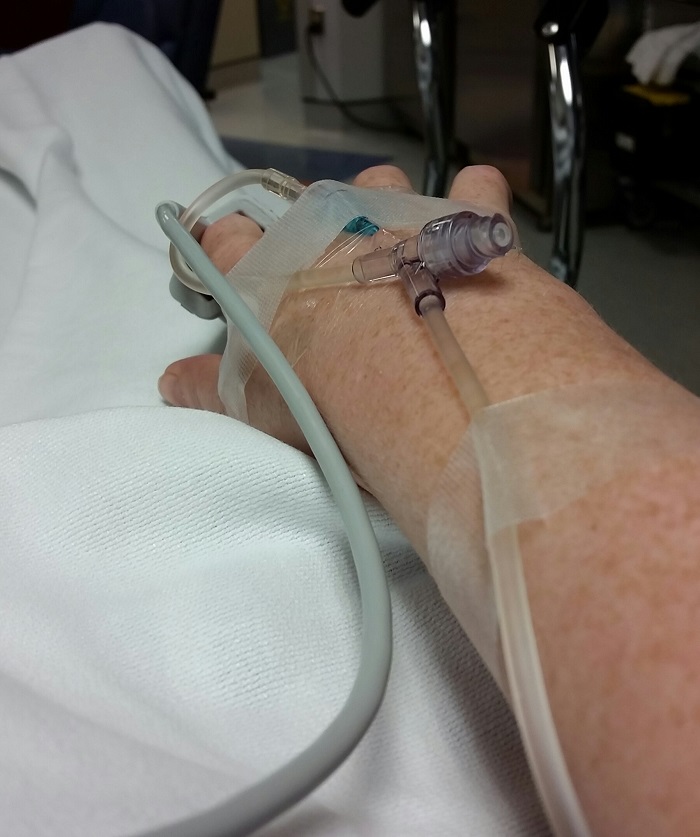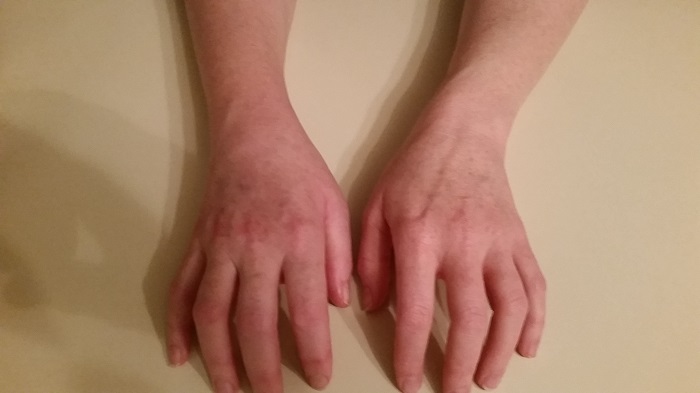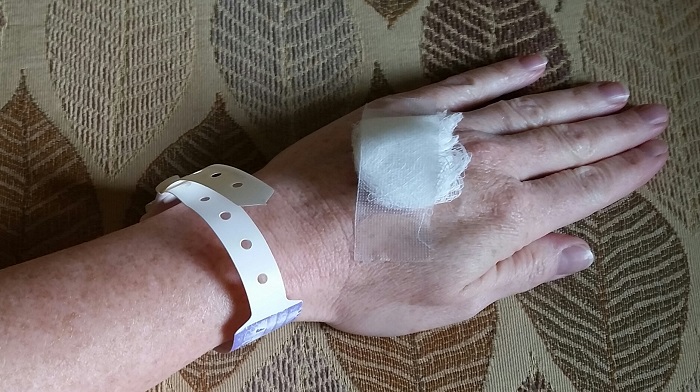How was adopting a patient-centric approach helpful for my neuro-anesthesiologist? As part of this approach, during our initial consultation yesterday, he asked about my background and experience. Because of this, he found out that my field is bioethics – also called medical ethics. He now knows that I have experience in clinical (medical) research, as well.
Based on this, he understood that I was interested in my newly-diagnosed rare disease from a scientific perspective, as well as from a patient perspective. Read yesterday’s post, on his patient-centric approach, for more on our initial consultation.
My neuro-anesthesiologist also discovered, through our conversation, that I’d been in the military; as an officer in the Air Force reserve, and that I love to present training sessions. To teach, to share knowledge, and to help others learn.
As a result of his patient-centric approach, he found out quite a lot about my background. He often had medical students, residents, and other trainees shadowing him as part of their education within the Faculty of Medicine at McGill University. So we came up with an idea, together.
Whenever he was being shadowed during a day on which I had a medical procedure with him, I’d show the trainees the photos I’d taken of my disease progression – If I felt up to it, of course! I’d show the photos on my phone after my procedure.
I’d explain the disease to the trainees from a patient perspective, and would throw in some of the information I’d learned myself by reading medical journals. These would be like mini MedEd sessions; medical education sessions.

Because of the high-risk nature of the medical procedures I was undergoing, I had to remain in the day-surgery operating room (OR) for at least an hour. After that, I’d have to spend at least another hour in the post-op recovery area. Hours that were, to me, extremely boring. So I was quite happy to have something to do, something to look forward to in the hours after each procedure.
This was also a benefit to him, as it gave him some time away from the trainees to catch up on paperwork or return calls and pages. There was a nursing station and desks for physicians in the center of the day surgery OR, so he was able to keep an eye on his patients from there.
This also gave him the opportunity to provide these trainees with some insight into a rare disease, one that they might otherwise only have read about. It provided him with a good topic for teaching, if ever there was a lull between his cases that day. The time I spent with the trainees helped him to provide a better teaching experience for them. Maybe it will have helped make them better (future!) doctors!
These sessions were an opportunity for me to raise awareness of this rare disease, among future physicians. Perhaps these Mini MedEd session will someday help another patient to be diagnosed and treated more quickly than I was. It was nice to feel that I had something to offer these young physicians and trainees, and that I was helping them to learn.

I got the feeling that the trainees found these sessions helpful as well. One of the medical students came to see me in the post-op area during her lunch break, to tell me that her classmates were envious of her mini Med-Ed session with me. The students in her class were shadowing different physicians that day, and had been texting at lunchtime to compare cases.
She told me that none of the other students had been able to observe a treatment for a rare disease, let alone ask the patient questions and see photos of the disease progression. She said that she, and the other students with her that day, were being treated like superstars by their classmates – just because of the time I’d spent explaining my disease and answering their questions. And it’s not like I had anything else to do ‘-)
I’m cross-posting this to the bioethics section of the blog, as a reminder that patients can be actively involved in this type of teaching activity; if they’re comfortable and willing to do so. And talking with medical students and trainees can add a patient’s feeling of involvement in their own care – it certainly did for me!
As always, thanks for reading!

